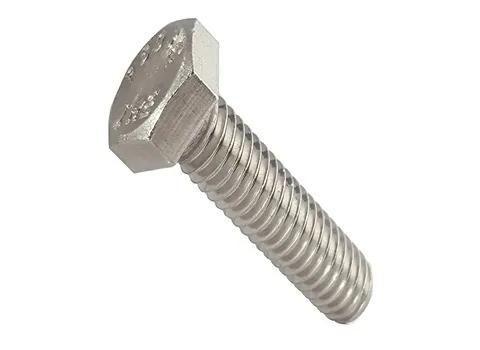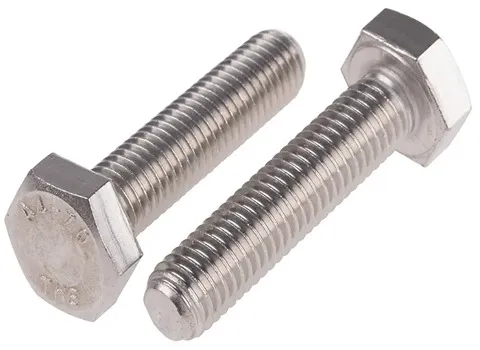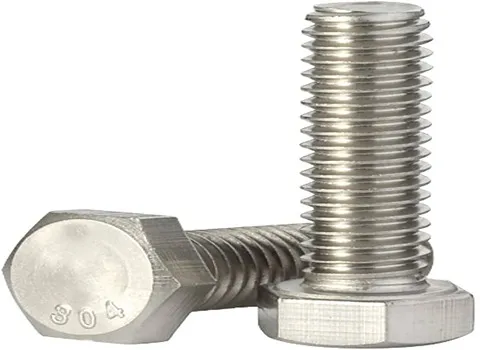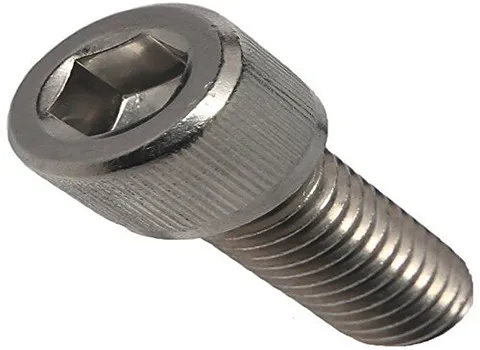Hex bolts are a type of fastener that is widely used in various industries for securing two or more objects together.
They are known for their hexagonal-shaped heads and threaded shafts that provide excellent grip and stability when fastening materials.
In this comprehensive guide, we will explore the different types of hex bolts, their uses, and best practices for effective fastening.

What Are Hex Bolts?
Hex bolts, also known as hex cap screws or hex head bolts, are a type of fastener with a hexagonal head and a cylindrical shaft with external threading.
They are designed to be used with a nut to secure objects together through a hole.
The head of a hex bolt is typically larger than the diameter of the shaft, which provides a larger contact surface for tools such as wrenches or sockets to tighten or loosen the bolt.
Hex bolts come in various materials such as stainless steel, carbon steel, and alloy steel, each with its unique properties such as corrosion resistance, tensile strength, and durability.
They are available in different sizes, ranging from small bolts used for household applications to large bolts used in heavy-duty industrial projects.

Types of Hex Bolts
There are several types of hex bolts, each designed for specific applications based on their characteristics.
Some of the common types of hex bolts include: Fully Threaded Hex Bolts: These bolts have threads that run the entire length of the shaft, allowing for maximum adjustability in fastening different thicknesses of materials.
Partially Threaded Hex Bolts: These bolts have a portion of the shaft unthreaded, which provides a stronger grip and better load-bearing capacity compared to fully threaded bolts.
Tap Bolts: Tap bolts have a smooth shaft up to a certain point, typically a few inches below the head, and are designed to be used in applications where a nut is not required.
Hex Flange Bolts: These bolts have an enlarged flange under the head that acts as a washer, distributing the load and reducing the risk of the bolt loosening due to vibrations.

Uses of Hex Bolts
Hex bolts are used in a wide range of applications across various industries due to their versatility and reliability.
Some common uses of hex bolts include:Construction: Hex bolts are commonly used in construction projects for fastening steel beams, columns, and other structural components together.
Automotive: In the automotive industry, hex bolts are used for assembling engines, chassis components, and body panels.
Machinery: Hex bolts are essential in machinery and equipment manufacturing for securing moving parts, bearings, and other components.

Conclusion Hex Bolts
Hex bolts are essential fasteners that provide secure and reliable connections in a wide range of applications, from construction and automotive to furniture assembly and DIY projects.
By understanding the different types of hex bolts, their uses, and best practices for installation and maintenance, you can ensure the success of your projects and the safety of the structures you are working on.
Remember to choose the right hex bolt for your specific project requirements, follow proper installation techniques, and conduct regular maintenance and inspections to keep the fastened joints secure and functional.
Whether you are a professional contractor, a hobbyist DIYer, or a maintenance technician, hex bolts are versatile and dependable fastening solutions that play a vital role in everyday tasks and projects.

